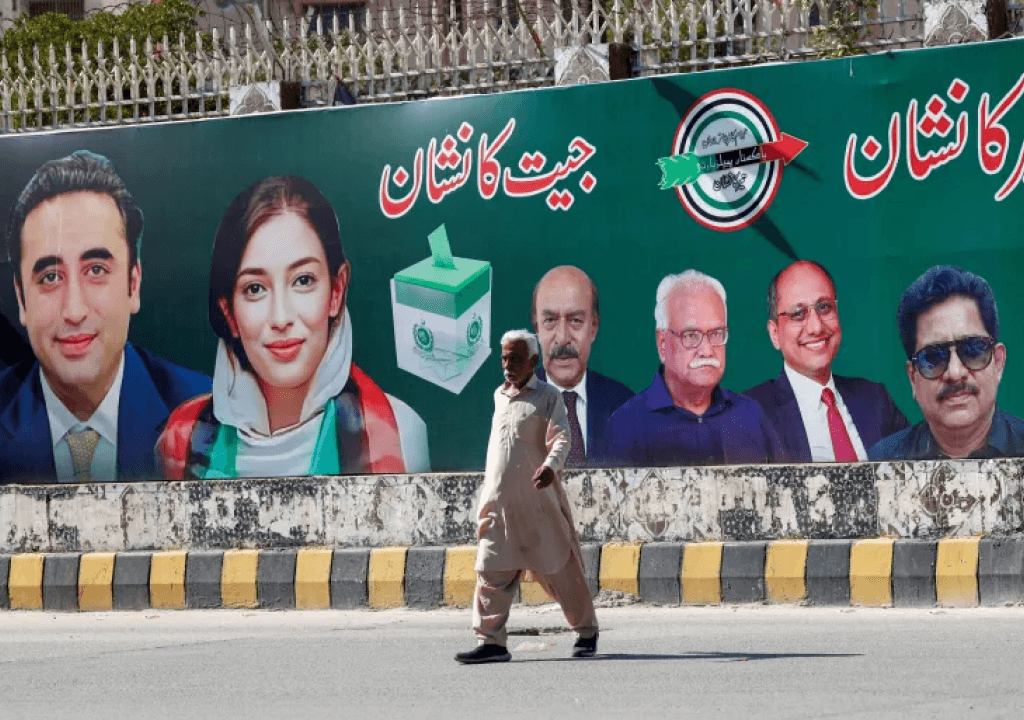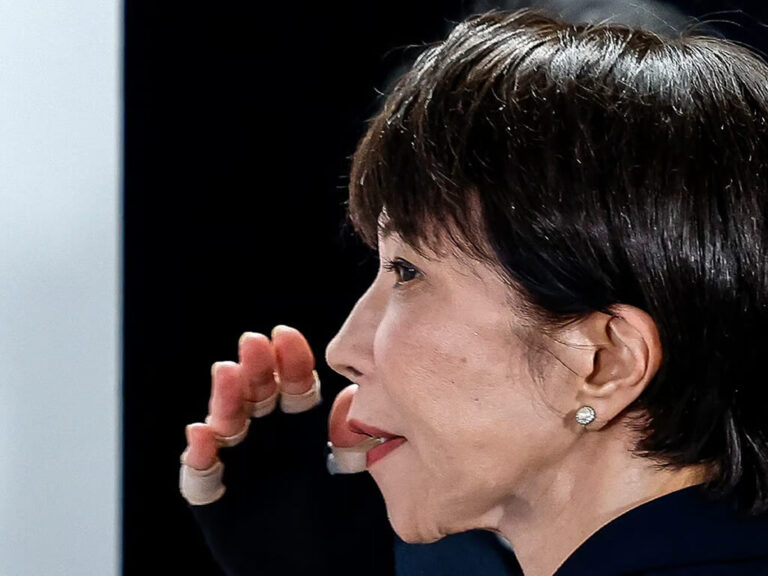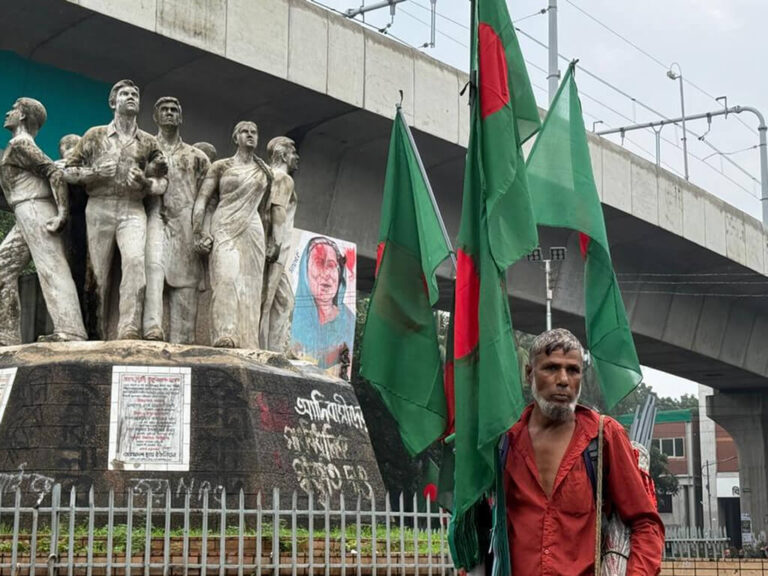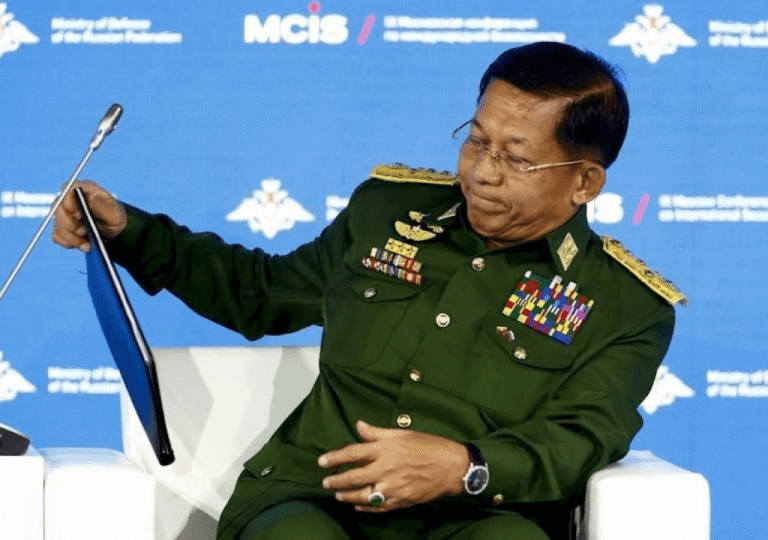After the widely rigged recent national election, Pakistan is set to form a new government. Caretaker prime minister, Shehbaz Sharif is well-positioned to return to the prime minister’s office by the partnership developed between the Pakistan People’s Party (PPP) and Pakistan Muslim League-Nawaz (PML-N). They underscored having secured the requisite majority to establish a coalition government. The inaugural session of the National Assembly, expected at the end of February or in early March, is poised to witness the taking of Shehbaz Sharif as the new prime minister, representing the cohesive front of the PML-N. The inception of this new government is accompanied by a myriad of internal and external challenges. Anticipated public anger over mandate rigging may intensify and extend. The state is currently confronting economic challenges, with citizens contending with poverty and a deepening hunger crisis. In the midst of these hardships, public confidence in the system is diminishing.
Will this transition affect any change in Pakistan’s volatile relationship with neighbors? Sadly No. More than the Pakistan Government, Pakistan Military is crafting foreign policy. As some political experts said before, for every state there will be an army. But in the case of Pakistan, the army owns that state. Yes, the Pakistan Military is still a powerful authority in that country. And they need peace? Never!!
Whenever Pakistan grapples with internal obstacles, a recurrent pattern appears: a highly powerful military seizes power and pushes out any remaining democratic elements. The historical precedent of this occurred last time in 1999 when Pervez Musharraf orchestrated a military coup to overthrow the government led by Nawaz Sharif. This move was spurred by tensions with India, culminating in a war that Pakistan lost in the same year. Notably, this conflict, which was not necessarily desired by either the Pakistani or Indian government, was perceived as aligning with the preferences of the powerful Pakistan military.
The dominance of the Pakistan military is visible even it democratic governments, they drive Pakistan’s external affairs. The Pakistan army is considered as one of the fiercest, and they hold a large arsenal including nuclear weapons. So countries are often connecting with the Pakistan military instead of governments. The United States, intricately linked with the Pakistani army, has consistently endorsed the military’s expanding autonomy, often diverting authority from elected governments. Despite the state being officially an “Islamic republic,” the Pakistan Military’s proximity to both the USA and the UK suggests a closer alignment with Western interests. This alignment gains particular significance in light of the substantial debt owed to China. Faced with an overwhelming debt burden, Pakistan is compelled to open its markets and economy to China while simultaneously maintaining the military in alignment with U.S. interests. This dynamic played a role in Imran Khan’s removal from office as he leaned towards China over the U.S.
India, Pakistan’s largest neighbor, is viewed as a dangerous enemy. The existence of Pakistan and the people’s loyalty to the military often hinge on the animosity towards India. During periods of internal turmoil, conflicts with India are used to rally the nation. The Kashmir issue is still fuming. And India’s current leadership under Modi has a strong stance in the case of Kashmir and they continuously cite the annexation of Pak occupied Kashmir to their side of Kashmir. And Pakistan uses separatism, Muslim extremist in India, to counter the growth of India. And the Military need to continue their strategy that will lead to further tensions. And in any case Pakistan military wants to topple Sharif government, they will choose a conflict with India.
Iran, another neighbor of Pakistan who is ready to fight with the United States, engaged in air strikes within Pakistan’s borders last year. Although Pakistan retaliated, bringing an end to the immediate violence, the relationship remains strained. The longstanding issue of Balochistan, akin to the Kashmir problem with India, adds complexity. India and Iran appear to be close allies, making it imperative for the new government in Pakistan to prioritize peace with Iran while maintaining popular anti-India sentiments.
The historical connections between the Taliban’s emirate in Afghanistan are facing a decline. The Taliban maintains strong affiliations with Islamic groups in Pakistan, particularly within the ethnic Pashtun community. Recently, this association has evolved into a potential threat to Pakistan’s stability. Certain factions within Pakistan advocate for the autonomy of Pashtun-majority regions, urging immediate intervention from the Pakistani military. In the years ahead, this particular region of Pakistan is poised to become the most precarious. Given historical precedents, there is a likelihood that various militia groups may challenge Pakistan’s authority in the area, even if a Taliban-led Afghanistan refrains from overt opposition due to their official ties.
In Pakistan’s political arena, the military’s hegemony frequently obscures democracy. And this is the ongoing story. It’s clear, The Pakistan military operates as a distinct entity from the government and they shape foreign policies. Consequently, there is expected to be minimal change in Pakistan’s foreign policies in the coming years. Nonetheless, enduring geopolitical hurdles pose challenges in fostering constructive relationships with neighboring nations. Issues such as radical Islam, the increasing influence of India, and the deterioration of Iran and the US relationships, may necessitate a shift in foreign policy. It is evident that Pakistan is navigating through turbulent times, raising concerns for the broader region.








